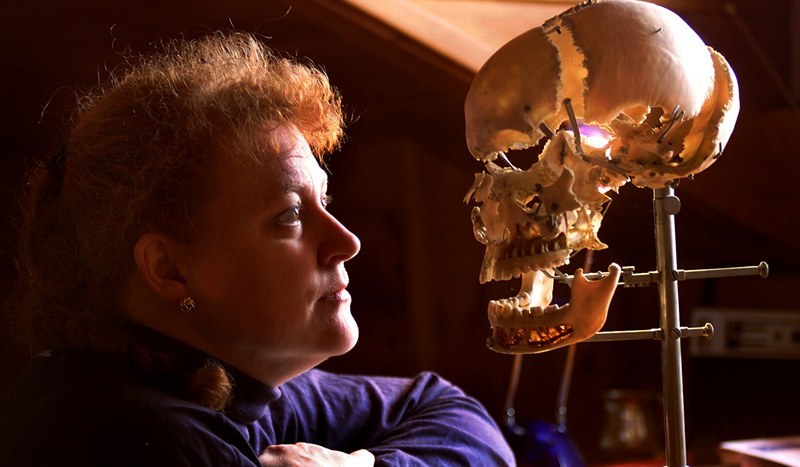Dundee University academics will work alongside international crime-fighting organisation Interpol to help speed up identification of disaster victims by making it easier to match their faces, tattoos, piercings and clothing.
A team from the university’s renowned centre for anatomy and human identification will help to develop the new fast and efficient international disaster victim identification (FASTID) project for the specialist police unit, alongside four other European partners.
The three-year project will be led in Dundee by Professor Sue Black and Dr Caroline Wilkinson, working with Dr Chris Rynn and Dr Jan Bikker.
They will provide expert training, having already instructed over 500 UK police officers in identification techniques, in the hope that those killed or reported missing in disasters can be named more quickly.
Professor Black said, “The aim of the programme is to provide a standardised response to any major disaster anywhere in the world, so that the people arriving on the ground know what is expected of them and can start working together quickly and efficiently.
“The spur for the international training programme came from the response to the Asian tsunami, which showed the need for improved methods of reporting and data handling, which are key in building the evidence base to make identifications of hundreds or thousands of missing people.
“Our entire programme is aimed at speeding up the ante and post-mortem procedures so that we can get IDs to families as soon as is possible.”
Professor Black and her team who recently featured on the BBC documentary History Cold Case have experience all over the world, including deployments to Kosovo, Iraq, Sierra Leone, Sri Lanka, Egypt and Thailand.
The technology could also be used to trace missing persons who may have moved across international borders.
Interpol’s FASTID project leader Peter Ambs said, “After a major tragedy, such as the Asian tsunami, it is vital that with so many countries involved, either in terms of victims or first responders, that there are standardised and recognised procedures to ensure the fast and efficient identification of victims so that they can be repatriated as quickly as possible.
“The combined elements of this database and its accessibility to law enforcement across the world via Interpol’s global network will help meet the needs of both day-to-day policing and for those responding to disasters, where and when required.”
Experts from the German Federal Police the Bundeskriminalamt, the IOSB and IGD departments of the Fraunhofer Institute in Germany, Danish firm PlassData and Crabbe Consulting Ltd will also work on the project, supported by funding from the European Commission.
